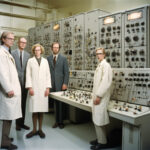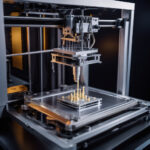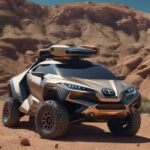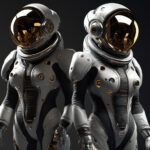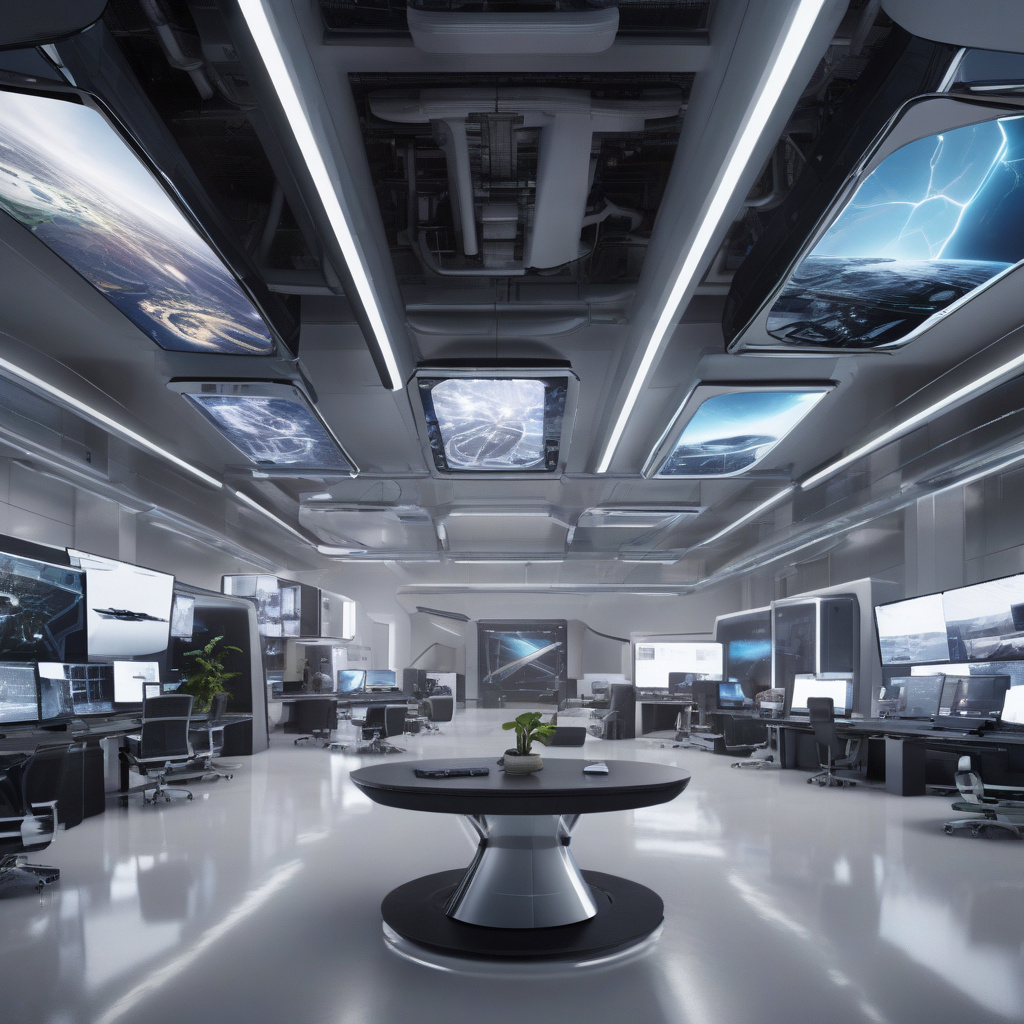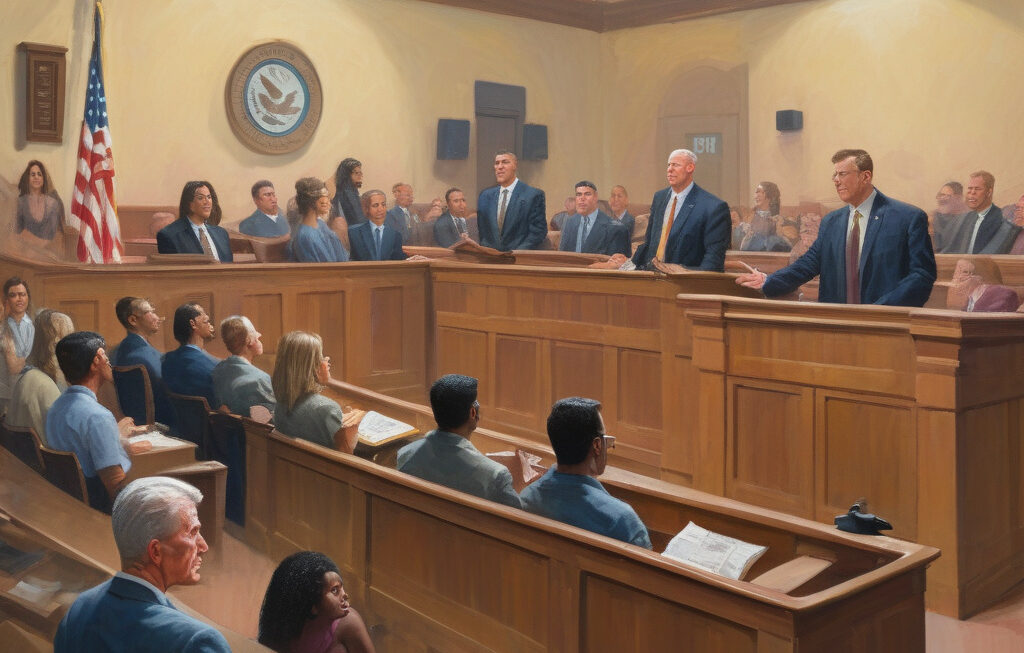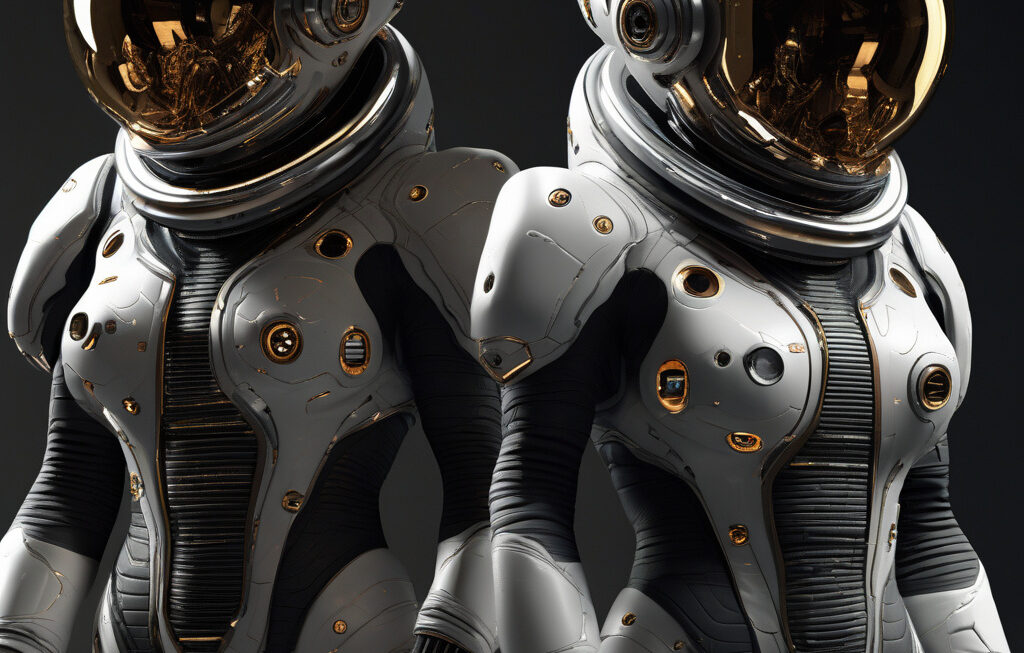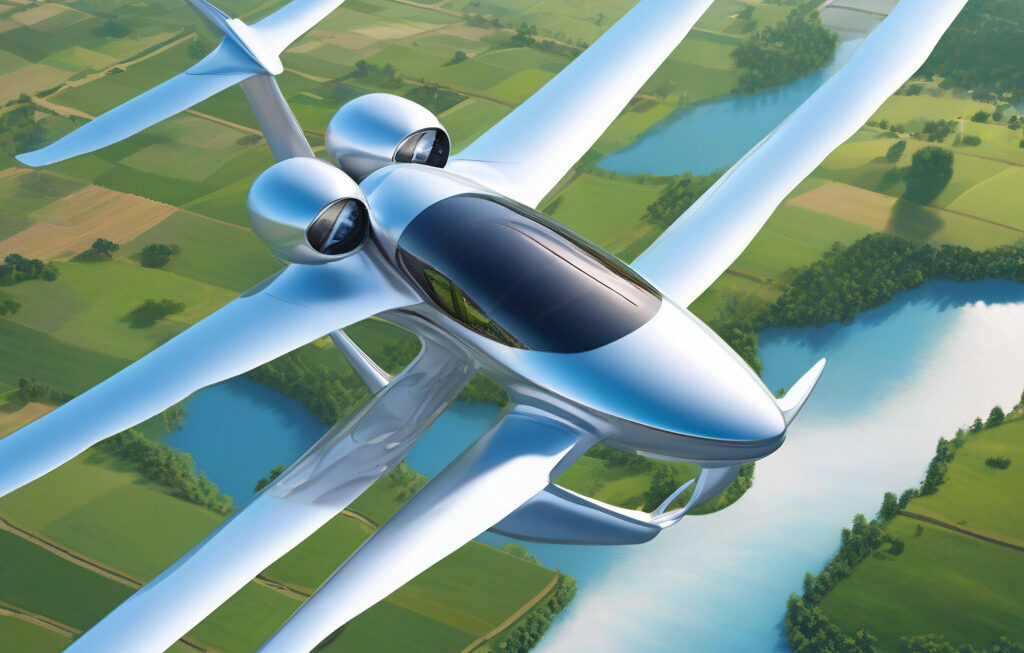Elon Musk Drops Dojo Supercomputer Project, Collaborates with Nvidia, Samsung, and AMD for AI Hardware
Tesla has reportedly shut down its Dojo supercomputer project after several high-profile departures, including project leads like Ganesh Venkataramanan and Bill Dally. The Dojo project aimed to develop a supercomputer dedicated to training neural networks for AI applications efficiently. However, the recent changes within Tesla’s AI and Autopilot team have led to the discontinuation of the Dojo initiative.
Despite this setback, Tesla CEO Elon Musk is not stepping back from the AI race. Instead of pursuing an independent supercomputer project, Tesla has decided to collaborate with industry giants such as Nvidia, Samsung, and AMD for AI hardware solutions. By leveraging the expertise and resources of established tech companies, Tesla aims to accelerate its AI development efforts and stay competitive in the rapidly evolving autonomous driving sector.
Nvidia, known for its high-performance GPUs optimized for AI workloads, is a key player in the partnership. Tesla has been using Nvidia’s hardware in its vehicles for years, and this extended collaboration could lead to further integration of Nvidia’s technology into Tesla’s AI systems. By tapping into Nvidia’s cutting-edge hardware solutions, Tesla can enhance the computational power and efficiency of its AI algorithms, ultimately improving the performance of its autonomous driving features.
Samsung, another major player in the semiconductor industry, brings its advanced chip manufacturing capabilities to the table. With Samsung’s expertise in producing high-quality chips for a variety of applications, Tesla can benefit from custom-designed hardware tailored to its specific AI requirements. This partnership could lead to the development of specialized AI processors that are optimized for Tesla’s autonomous driving software, enabling faster processing speeds and lower power consumption.
Additionally, AMD’s involvement in the collaboration signifies a strategic move by Tesla to diversify its hardware suppliers and foster innovation in the AI hardware space. AMD’s portfolio of CPUs and GPUs offers a range of options for Tesla to explore, potentially leading to hybrid solutions that combine the strengths of different hardware components for optimal performance. By embracing a multi-vendor approach, Tesla can mitigate risks associated with relying on a single hardware provider and leverage the best technologies available in the market.
Overall, Elon Musk’s decision to pivot from the Dojo supercomputer project to a collaborative approach with Nvidia, Samsung, and AMD demonstrates his commitment to pushing the boundaries of AI technology in the automotive industry. By joining forces with established hardware manufacturers, Tesla aims to leverage their expertise and resources to drive innovation in AI hardware and accelerate the development of advanced autonomous driving systems. As the competition in the autonomous vehicle market heats up, partnerships like these could give Tesla the competitive edge it needs to lead the way in AI-powered transportation.
#Tesla #ElonMusk #Nvidia #Samsung #AMD





